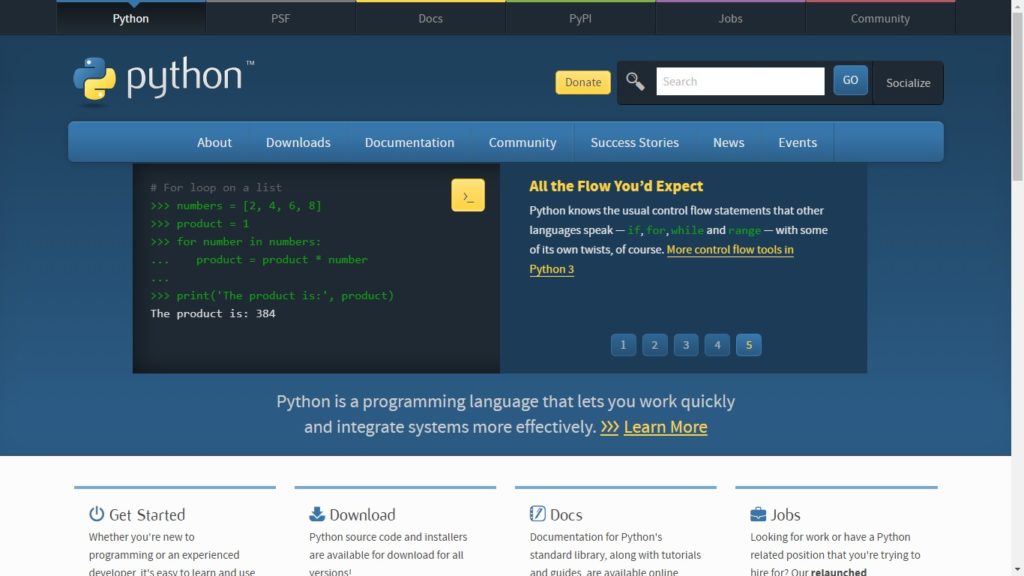Logging in the digital world is an important method of tracking events and things that happen when software runs. This is crucial for debugging, running apps and software development, but it’s also something that’s easy to overlook when you’re excited to start working with code and building new tools. It’s not uncommon for some coding beginners to rush into coding without any sort of structure in place. However, without the right logs, it’s impossible to know what caused your program to crash if anything goes wrong.

In the world of Python, there’s a built-in module available that allows developers and designers to leave a trail of breadcrumbs as they create. This basically means that if something goes wrong, you can find the root cause of the problem and fix it quickly.
How does Logging Work in Python?
The Loggly python logger tool has a module that writes status messages onto files and output streams. Those files can contain information on which parts of your code are affected by an issue, and which problems might have arisen as a result of a crash. Although these are useful enough for the basics, you may find that you need a more advanced tool if you want to tap into deeper insights. Advanced applications come with access to a range of extra processes that can make your life a lot easier as a developer. For instance, you can unlock tools like:
- Log aggregation: Where you collect information from multiple Python apps at once and move them all into the same location.
- Log storage and archiving: Ideal for compliance, this strategy ensures that you can store crucial information over an extended period and delete redundancy.
- Quality control: Not all that your system creates will be helpful to you. Monitoring applications allow you to set parameters for the kind of information you want to keep. You can even put security and privacy guidelines in place too.
- Log enrichment: A process which involves adding extra information that can help with contextualizing your data. The more parameters you have in place, the easier it will be to make sure that you’re always accessing the right data.
Some solutions also come with analytics tools that help you to make sense of all the different types of data. This basically means that you can figure out what to do next based on the information that you have collected about your Python apps.
Why Does Logging Matter?
Using even the basics of automated logging systems in your Python development strategy gives you the power to understand what features work in your applications, and which of those do not. You can even use these systems to make predictions about parts of code in your strategy that might be problematic in the future. Whether you’re working on a single app, or multiple applications at once, the better access to centralized data ensures that you can always get to the bottom of the issues that are stopping your applications from performing at their absolute best.
